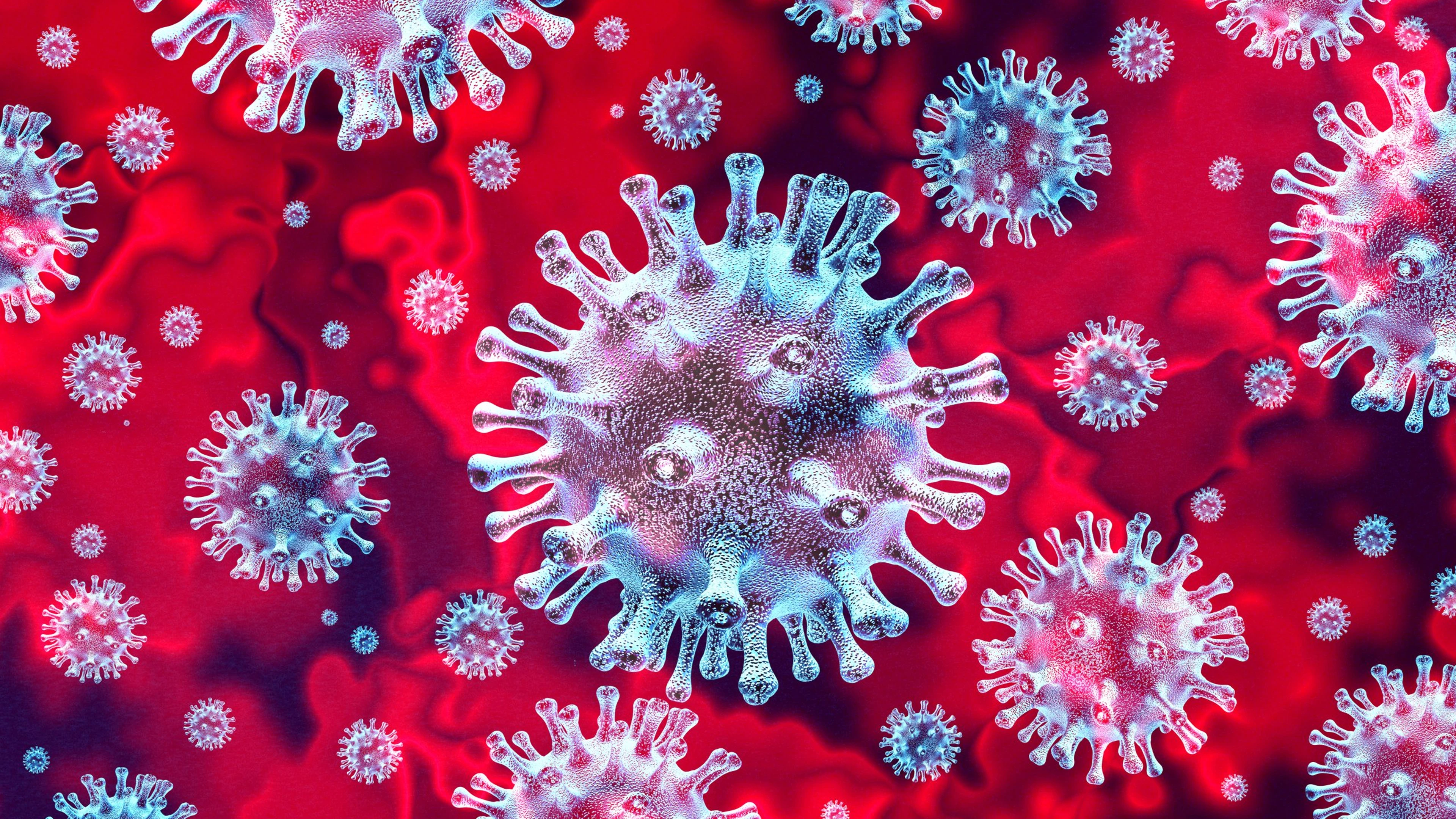The multiple successful COVID-19 vaccines that were so rapidly developed and widely deployed during the coronavirus pandemic were lifesavers. They prevented COVID-19 from killing millions more people and marked a remarkable scientific advance in the pace at which the world can respond to an outbreak of a novel viral disease.
But there's still one crucial thing missing from the current armoury of medical defences against viruses like SARS-CoV-2: none of the safe and effective COVID-19 vaccines we have today is able to efficiently prevent people from becoming infected. The vaccines do not always block the virus. They do not stop disease transmission.
Since breaking the chains of viral transmission is critical to stopping outbreaks of epidemics before they expand into deadly pandemics, CEPI is now embarking on a new project that will use so-called "human challenge" studies to discover how best to design effective vaccines that will provide a particular type of immunity — mucosal immunity — that can stop viruses from infecting the body in the first place.
Challenge trials can be used to assess vaccine candidates and vaccine technology under very specific circumstances, because they involve deliberately infecting healthy volunteers with a virus to establish whether, and how, an experimental vaccine works.
But as Christine Dahlke, CEPI's Translational Immunology Lead, explains, research using human challenge studies, also known as Controlled Human Infection Models (CHIM), "has very specific features that can provide us with new and deeper insights for understanding vaccines — specifically mucosal vaccines — compared to other types of trials."
"Currently available COVID-19 vaccines have been effective in reducing illness and death, but not in reducing transmission of the virus. That's why it's crucial that we improve our understanding of how transmission of such viruses can be blocked using vaccines," she adds.
Dahlke's team at CEPI has this week issued a Call for Proposals, in collaboration with European Union's Horizon Europe program, for research teams interested in creating or leading an expert consortium to establish a human-challenge-model platform to test novel mucosal vaccine candidates against betacoronaviruses — the sub-family of coronaviruses that includes the SARS-CoV-2 virus as well as the MERS coronavirus that causes Middle East Respiratory Syndrome and also seasonal coronaviruses.
And since almost all viral respiratory diseases in humans get in via mucosal surfaces such as through saliva during eating and drinking, through breathing in droplets via the nose and mouth, or through sexual contact, it also makes sense that insights gained in these studies could be important for a wide range of pathogenic viral threats.
There's no question that large clinical trials and real-world follow-up studies are the gold-standard approach for establishing the efficacy and effectiveness of coronavirus and other vaccines once they are developed and safety-tested. But such research cannot pick up specific immune markers that could be clues to how a vaccine might be designed to produce transmission-blocking mucosal immunity.
Human challenge studies, on the other hand, offer scientists the chance to monitor participants on an hour-by-hour and day-by-day basis to check whether they have become infected, how, and what their immune system is doing in response.
"What the world needs to be able to take the next steps towards creating infection-stopping vaccines is reliable data on, and established, standardised markers for mucosal immunity," says Dahlke.
"With controlled human infection studies, scientists have the participants on site for approximately two weeks, they know the dose of the challenge virus, and they can take a lot of samples, frequently, from mucosal areas — in other words from saliva, from nasal swabs and so on — so they can get really good insights into what is going on."
CEPI will fund up to two multi-country networks to take on this research, with the aim being to establish collaborative groups, processes and procedures to conduct human challenge studies at the highest levels of safety, quality, reliability and reproducibility.
"Ultimately, the best outcome would be for these networks to establish harmonized processes to test and compare vaccines and identify promising vaccine candidates that induce mucosal immunity and protect against infection," says Dahlke. "Fighting epidemics and pandemics is possible with disease-reducing vaccines, but it would be faster and more effective if we also had vaccines that can stop viral spread."
To find out more, and apply for CEPI's Call for Proposals, click here



.webp)